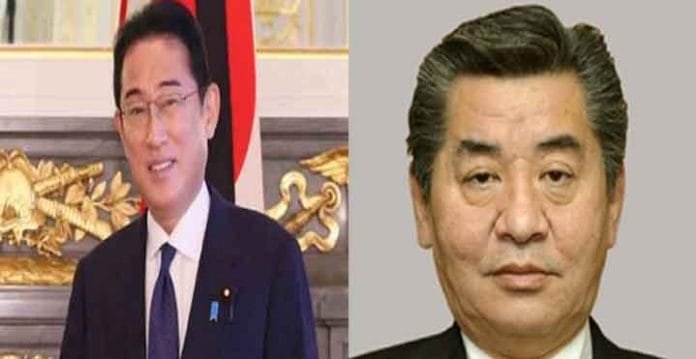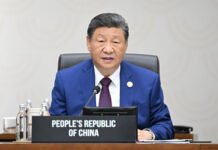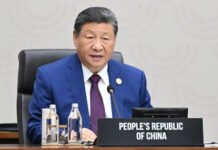Briefly – : Explore the aftermath of Senior Deputy Finance Minister Kengo Kanda’s resignation, delving into the tax scandal that has sent shockwaves through Japanese politics. Understand the opposition’s critique and its potential impact on Prime Minister Fumio Kishida’s administration.
Navigating the Resignation of Japan’s Senior Deputy Finance Minister, Kengo Kanda: Unraveling the Impact on Prime Minister Fumio Kishida’s Leadership
In the intricate landscape of Japanese politics and finance, Monday marked a significant turn of events as Kengo Kanda, the Senior Deputy Finance Minister, tendered his resignation amidst swirling controversies. The resignation, stemming from allegations of non-payment of millions in taxes by Kanda’s company, dealt another blow to Prime Minister Fumio Kishida’s already delicate leadership.
The Unveiling Scandal: Kanda’s Resignation and its Immediate Aftermath
[ez-toc]
Kanda’s resignation was swiftly accepted by the government, with Finance Minister Shunichi Suzuki stepping into the role. The seasoned Liberal Democratic Party representative admitted that authorities had seized Kanda’s company’s assets four times between 2013 and 2022 for non-payment of property and real estate taxes.
Opposition’s Critique and the Shadow on Kishida’s Administration
As opposition parties scrutinize Kanda’s role in the Ministry of Finance, questions arise about the credibility of Kishida’s administration. The opposition has criticized Kanda, alleging that his actions reflect a lax approach towards tax compliance, potentially setting a precedent for others to evade their financial responsibilities.
Acknowledgment and Apology: Kanda’s Admission of Wrongdoing
In a parliamentary session last week, Kanda publicly apologized for his oversight. He acknowledged that he had not attended mandatory annual lectures for tax accountants, as reported by Shukan Bunshun Weekly. The revelation compounded concerns about the efficacy of oversight mechanisms within the Finance Ministry.
Impact on Kishida’s Leadership and Calls for Immediate Change
Although Kanda has sought forgiveness for his transgressions, one opposition member has branded him a “culprit,” arguing that his failure to pay taxes sends a discouraging message to the public. Kanda, while seeking absolution, initially resisted resigning from his position as Japan’s Senior Deputy Finance Minister.
Constitutional Democratic Party’s Ultimatum and Ongoing Political Fallout
The Constitutional Democratic Party has called for Kanda’s immediate departure, citing the crucial responsibility his position holds in advocating for proper tax payments. Party leader, Kentaro Izumi, emphasized the urgency of Kanda stepping down to uphold the integrity of the Finance Ministry.
Multiple Cabinet Resignations: A Trend in Kishida’s Government?
Kanda’s resignation follows other high-profile departures from Kishida’s cabinet. Earlier in September, Taro Yamada resigned as Deputy Education Minister due to revelations about his extramarital affairs. Furthermore, Mito Kakizawa stepped down from the position of Senior Vice Minister of Justice, facing allegations of violating election laws.
Kishida’s Challenge: Rebuilding Trust Amidst Resignations
Prime Minister Fumio Kishida faces a challenging task of rebuilding public trust in his administration as multiple resignations cast a shadow over his government. The cumulative impact of these departures raises questions about the stability and ethical standards within the ruling party.
Conclusion: The Unfolding Dynamics of Japanese Politics
In the wake of Kengo Kanda’s resignation, Japanese politics continues to witness a series of upheavals. The unfolding dynamics, marked by resignations and controversies, create an environment of uncertainty. As the nation watches, Prime Minister Fumio Kishida must navigate these challenges strategically to restore faith in his government.















